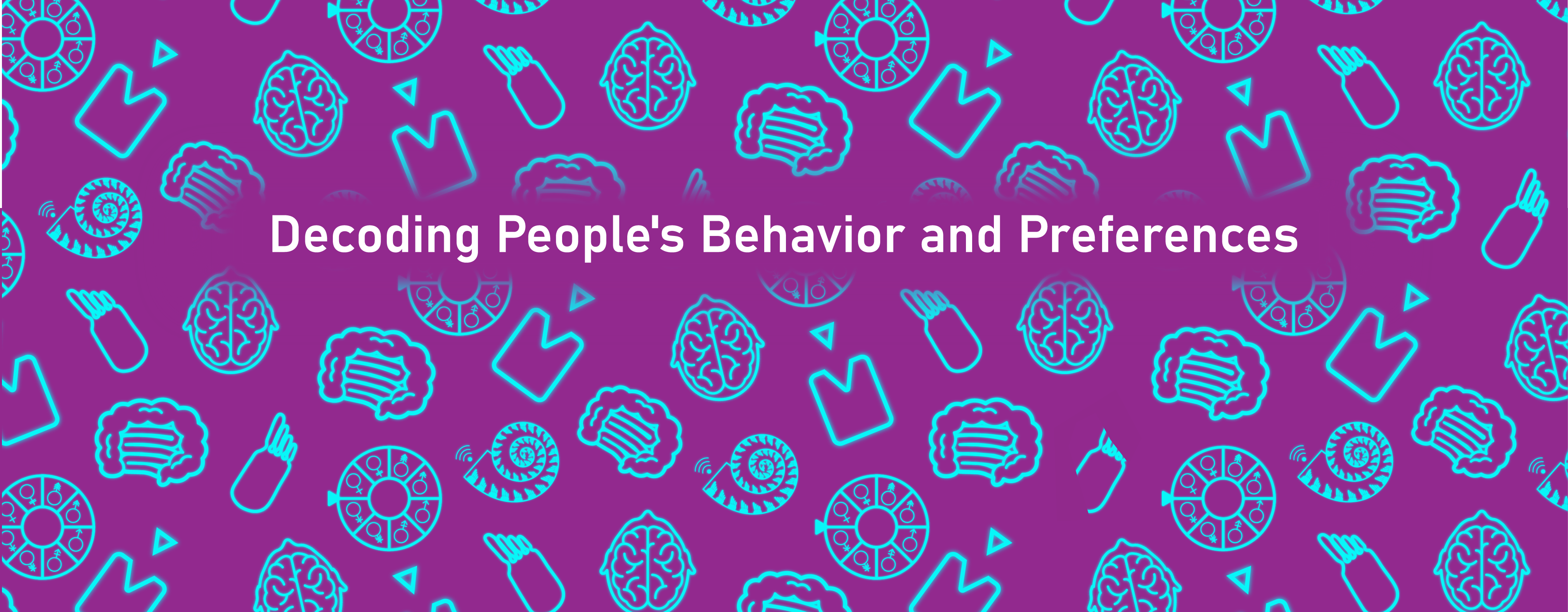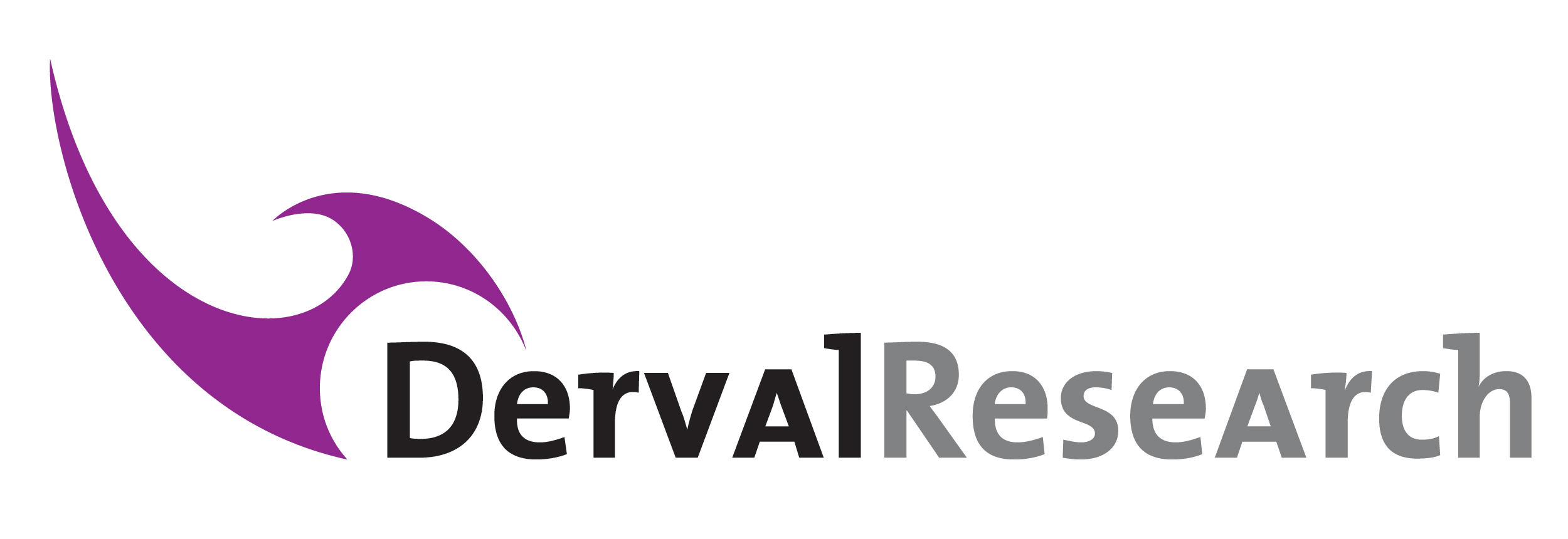

DervalResearch

Harju County, Estonia
January 2023
Scientific R&D
Service with Minor Environmental Footprint
Austria,
Belgium,
China,
Cote D'Ivoire (Ivory Coast),
Czech Republic,
Denmark,
Estonia,
Finland,
France,
Germany,
Ghana,
Hong Kong S.A.R.,
Hungary,
Iceland,
India,
Indonesia,
Japan,
Luxembourg,
Malaysia,
Monaco,
Netherlands The,
Norway,
Qatar,
Senegal,
Singapore,
Slovakia,
South Africa,
South Korea,
Sweden,
Switzerland,
Taiwan,
Thailand,
United Arab Emirates,
United Kingdom,
Vietnam
DervalResearch is a pioneering research firm using neurosciences and machine learning to decode human behavior and preferences. People are rational, they just have a very different perception. Personas’ decisions seem to just come down to culture and emotions but are in fact deeply rooted in their very own physiology, microbiome, sensory perception, and hormonal makeup, and can therefore be anticipated and better targeted. With non-invasive yet powerful predictive tools like the Hormonal Quotient (HQ), Sensory GeoMaps, or the Derval Color Test, DervalResearch neurodiverse team of scientists and designers helps organizations seize business opportunities, increase their innovation hit rate, and develop planet and people-friendly experiences from Paris to Shanghai. DervalResearch is a Certified B Corp, meeting high standards of verified social and environmental performance, accountability, and transparency. At DervalResearch we take chronic health disorders seriously. Eczema, asthma, epilepsy, sinusitis, hyperacusis, diabetes, and their friends, poison millions of people’s daily life, yet so little is known or done. DervalResearch's findings on the microbiome, sensory perception, and hormonal balance are continuously used to help advance research for a better immune system.
Overall B Impact Score
Governance 17.5
Governance evaluates a company's overall mission, engagement around its social/environmental impact, ethics, and transparency. This section also evaluates the ability of a company to protect their mission and formally consider stakeholders in decision making through their corporate structure (e.g. benefit corporation) or corporate governing documents.
What is this? A company with an Impact Business Model is intentionally designed to create a specific positive outcome for one of its stakeholders - such as workers, community, environment, or customers.
Community 50.9
Community evaluates a company’s engagement with and impact on the communities in which it operates, hires from, and sources from. Topics include diversity, equity & inclusion, economic impact, civic engagement, charitable giving, and supply chain management. In addition, this section recognizes business models that are designed to address specific community-oriented problems, such as poverty alleviation through fair trade sourcing or distribution via microenterprises, producer cooperative models, locally focused economic development, and formal charitable giving commitments.
Environment 17.6
Environment evaluates a company’s overall environmental management practices as well as its impact on the air, climate, water, land, and biodiversity. This includes the direct impact of a company’s operations and, when applicable its supply chain and distribution channels. This section also recognizes companies with environmentally innovative production processes and those that sell products or services that have a positive environmental impact. Some examples might include products and services that create renewable energy, reduce consumption or waste, conserve land or wildlife, provide less toxic alternatives to the market, or educate people about environmental problems.
Customers 4.7
Customers evaluates a company’s stewardship of its customers through the quality of its products and services, ethical marketing, data privacy and security, and feedback channels. In addition, this section recognizes products or services that are designed to address a particular social problem for or through its customers, such as health or educational products, arts & media products, serving underserved customers/clients, and services that improve the social impact of other businesses or organizations.